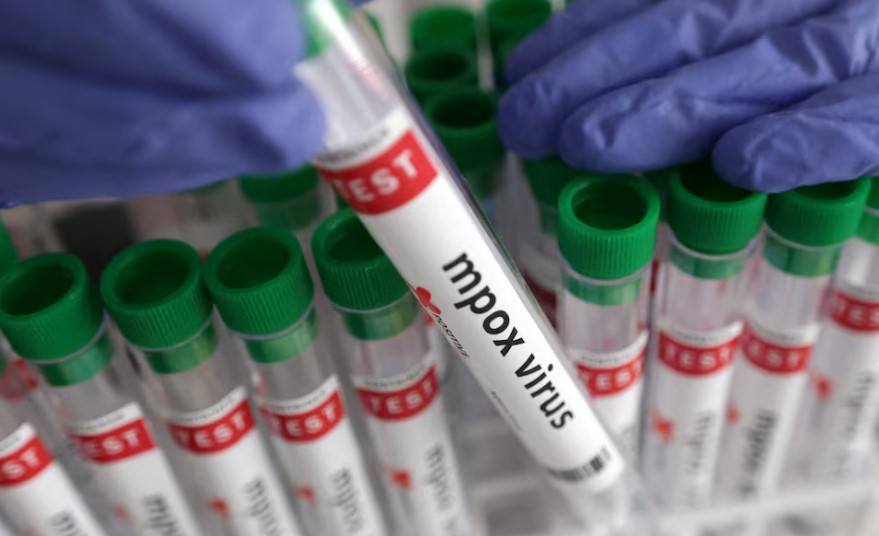UN push to eliminate processed fats sparks concerns over food access in poor nations

In May 2025, the UN released a draft declaration proposing the global elimination of trans fats as part of a broader political commitment adopted at the General Assembly’s fourth high-level meeting on the prevention and control of non-communicable diseases.
The United Nations is pushing to eliminate trans fatty acids (processed fats) from global diets as part of efforts to curb diet-related non-communicable diseases (NCDs) such as heart disease and diabetes.
However, the move has raised concerns, particularly for vulnerable low-income households in developing countries like Kenya.
More To Read
- Calls for stricter labelling laws as 90 per cent of packaged foods in Kenya deemed unhealthy
- Most packaged foods in Kenya need health warning labels - report
- Kenyan breast cancer patients to pay 67pc less for treatment under new deal with Roche
- Is this bad for my health? Kenyan study tests three types of warning labels on food
- Experts urge swift adoption of clear food products labelling to warn of harmful ingredients
- Weight loss hype: The dangerous myths Kenyans are falling for
In May 2025, the UN released a draft declaration proposing the global removal of trans fats. The proposal forms part of a broader political declaration adopted at the General Assembly’s fourth high-level meeting on the prevention and control of NCDs.
As part of efforts to promote healthier environments, the UN committed to reducing unhealthy diets, obesity, and overweight by phasing out trans fats and lowering saturated fat intake.
Blanket ban
While the overall objective has received broad support, experts warn that a blanket ban could unintentionally harm poor communities that rely on affordable, nutrient-dense foods containing naturally occurring fats.
Milk, for example, is a vital dietary staple in many rural and low-income households, prized for its accessibility and its content of essential nutrients such as vitamin B12, calcium, zinc, and natural fatty acids.
A report by the research firm Frontiers identifies milk as one of the most nutrient-rich foods available. Compared to other animal-sourced foods, it is among the most affordable and accessible for children in Africa.
Milk consumption
The report also notes that Kenya is among the continent’s top producers and consumers of milk.
“Kenya is one of the countries with the highest annual per capita consumption of milk in sub-Saharan Africa, estimated to be 110 litres, representing approximately an average of 300 ml per capita per day,” the report reads.
An informal survey conducted by The Eastleigh Voice in select low-income households in Nairobi shows that milk remains one of the most affordable and accessible sources of balanced nutrition. This raises serious concerns about the broader impact of the UN’s proposed restrictions.
A blanket ban on all sources of trans fatty acids could worsen conditions for poor families who cannot afford costlier alternatives.
Such a move could also limit access to essential foods like milk, dairy, and meat, key sources of nutrients for low-income communities.
In a letter to the UN, experts urge policymakers to distinguish between naturally occurring trans fats in animal-source foods—present in low levels—and industrially produced trans fats, which pose a far greater health risk.
Food security
They warn that failing to make this distinction could threaten food security for millions, especially in regions where affordable, nutrient-dense options are already scarce.
“The risk of a blanket commitment to eliminate all trans-fatty acids is that it unnecessarily discourages the consumption of highly nutritious dairy, meat and other animal-source foods,” the letter reads.
“Once again, the burden will fall heaviest on low- and middle-income countries, where nutrient-rich meat, milk and dairy are already under-consumed.”
The letter was coordinated by the Nairobi-based International Livestock Research Institute (ILRI) and endorsed by the African Union’s Inter-African Bureau for Animal Resources (AU-IBAR). It was also signed by experts from the UN Committee on World Food Security, the Global Alliance for Improved Nutrition (GAIN), and the World Alliance of Mobile Indigenous Peoples (WAMIP).
The broader impact of NCDs
Non-communicable diseases disproportionately affect developing nations, where adult obesity and diet-related illnesses often stem from undernutrition in the first 1,000 days of life.
In 2023, one in five Africans experienced hunger, and nearly a third of children under five suffered from stunting. These figures underscore the importance of distinguishing between natural and industrial sources of trans fats.
Experts stress that animal-source foods such as milk and meat are vital for nutrition in low-income settings. They are energy-dense and rich in high-quality proteins and essential micronutrients like vitamins A and B12, riboflavin, calcium, zinc, and iodine.
Studies show that children who consume milk daily can grow up to three per cent more in a month than those who do not. Yet in some developing countries, annual per capita milk consumption is as low as 1 kilogramme.
“A single glass of milk is among the most affordable, nutrient-rich foods available. milk has been shown to reduce stunting in children and lessen the burden of hunger,” said Namukolo Covic, nutrition expert and ILRI’s director-general’s representative to Ethiopia.
“Industrially-produced trans-fatty acids come from food processing, a sector that is still in its infancy in many African countries. These countries have the opportunity to create a new food future as their food systems transform. These food systems must transform towards eliminating industrially derived trans-fat.”
Animal-source foods
Ruth Oniang’o, a professor in food science and nutrition and editor-in-chief of the African Journal of Food, Agriculture, Nutrition and Development, echoed her sentiments.
“The contribution of animal-source foods to trans-fatty acids is very low compared to industrially derived trans-fats and should be weighed against their contributions to nutrient density, given their nutritional benefits even in small quantities,” Oniang’o said.
She added that for people in low-income settings, animal-source foods are often the only reliable and available source of essential nutrients, hence the need for a nuanced approach supported by sustainability solutions.
“UN negotiators must ensure this resolution recognises the distinction between the large amounts of trans-fats of industrial origin and the low levels naturally occurring in animal-source foods.”
The UN’s draft resolution is currently under review with member states, with a final draft due to be presented for endorsement at the UN General Assembly in September.
Top Stories Today















































